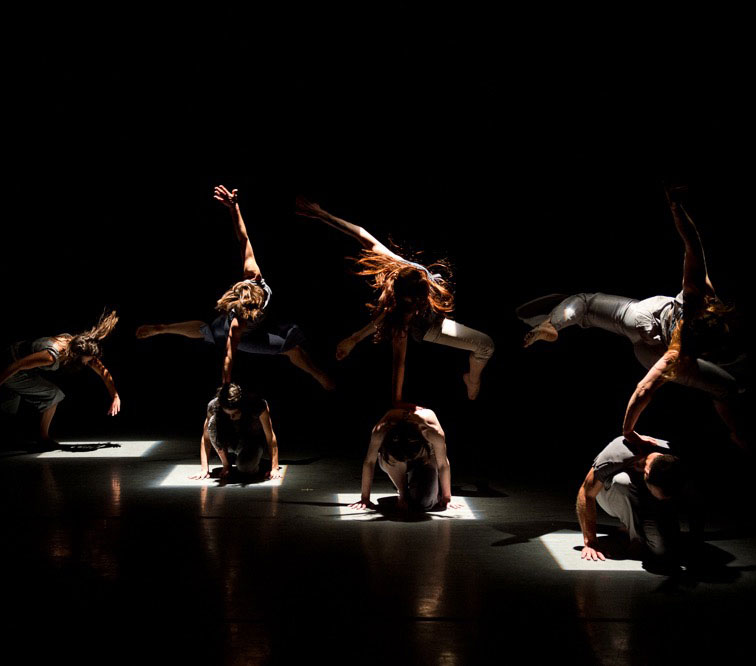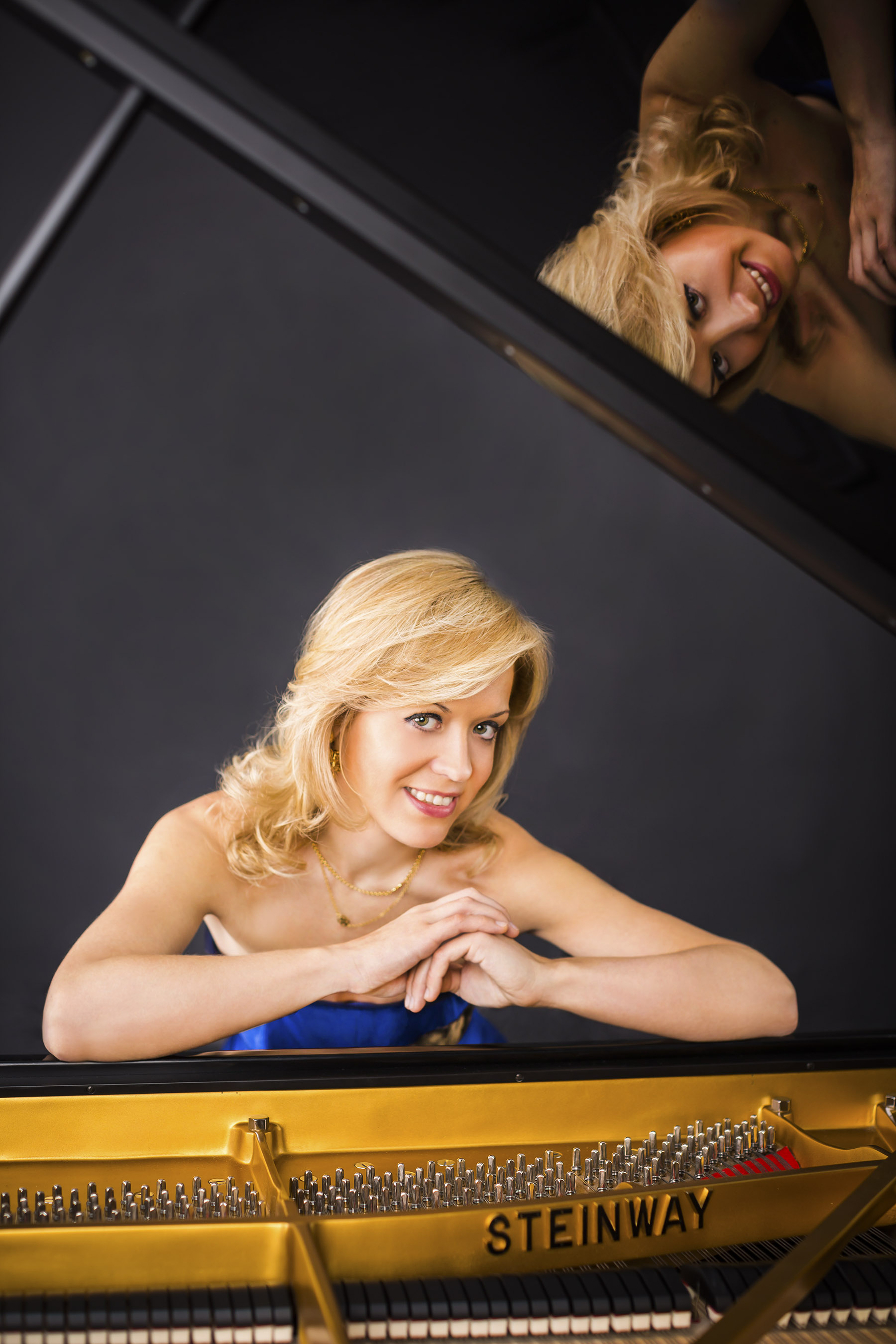Long-range plan: an historical-instrument ensemble for Boulder
By Peter Alexander
 The Boulder Bach Festival has announced its 2017–18 season of five concerts, three to be presented in both Boulder and Longmont.
The Boulder Bach Festival has announced its 2017–18 season of five concerts, three to be presented in both Boulder and Longmont.
Of the other two, one will be presented only at the festival’s Boulder home, the Seventh-Day Adventist Church, and the other in Longmont’s Stewart Auditorium. In a significant change, the concerts have been scheduled to avoid the busy weekends in Boulder.
“Boulder is saturated,” Bach Festival director Zachary Carrettin says. “We have so many wonderful music presenters and organizations for such a small community, so I’ve put us on Thursday nights in Boulder and Saturday nights in Longmont. That’s my contribution to the scheduling madness we’re experiencing in Boulder.” (See the full schedule below.)
Carrettin is confident that having performances on Thursday nights will not limit the audience as much as the scheduling conflicts might. “We have a very specific audience,” he says. “They want to hear the particular, distinct programs and artists that we offer. And I think by and large, it doesn’t matter to them which night of the week (the concerts are presented).”

Zachary Carrettin
Rather than build a season around a single theme, Carrettin looks for connections across seasons, from year to year. ”Each time we finish one season, I ask, where did we start to go?” he says. “What doors did we open? What happens next?”
One example is that the festival has programmed music from Venice, one of the musical centers that influenced Bach and others of his generation. In 2016, it was a program titled “Venice on Fire,” featuring chamber music that Carrettin called “the rock ‘n’ roll of the Baroque.” And the 2017–18 season will close with “La Venexiana,” a concert of music from Venice for orchestra, soloists and chorus (May 24 & 26, 2018).
That concert also represents the beginning of a new long-range project of the Bach Festival: the establishment of a standing Baroque orchestra. Carrettin’s goal is to establish in Boulder a center for historical instrument performance, much as exists in New York, Boston, Amsterdam, and other cities around the world.
“We are introducing concert by concert, season by season, our own in-house Baroque orchestra, on historical instruments,” he says. “Due to the generosity of some donors, we have decided to fill in some of the gaps on the front range by purchasing instruments, three instruments a year for the next three years. You’ll see more (orchestral) concerts each season, and a larger and larger Baroque orchestra.”
The Boulder Bach Festival is partnering with CU Boulder and other musical organizations for this project. “We are working with doctoral students and recent graduates of CU who want to have a world-class international experience with historical instruments here on the front range,” Carrettin explains. “We are offering them access to luminaries in the field—our guest artists—access to the instruments, access to master classes, lessons and reading sessions, so that they can explore the world of early music.”
That project reflects a major thread that connects one season of the Bach Festival with another: the exploration of the many aspects of historical performance practice. “Next year we are engaging even more in the dialog of original instruments, or historical instruments,” Carrettin says. “That dialog is one that I hope results in some unexpected delights.”
In the festival’s recent seasons, the dialog around historical instruments has expanded from Bach and the Baroque era to the late 19th century, where questions of historical performance are not as obvious, but are still significant. “We play Bach with harpsichord and with chamber organ, then why would we not pay Brahms with the straight-strung 19th-century piano?” Carrettin asks. “When the Boulder Bach festival started doing that two seasons ago, our artists were able to work with a piano that has very different properties than today’s concert grand.”

Mina Gajic’s historic 1895 Érard piano.
That piano was manufactured in Paris in 1895 by Érard and belongs to pianist Mina Gajic, the festival’s director of education and outreach. (Further information on the straight-strung Érard is here.) It was used in a concert of music by Bach and Brahms presented in 2016 that included the Brahms Horn Trio played on a 19th-century-style natural horn (without valves) and a violin with natural gut strings.
The Érard will return in the coming season for “A World Transformed,” a program the encompasses the late 19th and early 20th centuries (Dec. 9, Longmont). “We are opening a new door in the 36-year history of the Bach Festival,” Carrettin says of the program. Opening with some late Romantic music by Brahms the program will move on to works by Bartók, Ives, Enescu and Berg. Gajic and her historic Érard piano will be joined for the program by Carrettin, on violin and clarinetist Richie Hawley, playing a clarinet manufactured in 1919.

Zachary Carrettin
“What we’re looking at is an early 20th-century clarinet, a violin set up in the manner of the time with silk and gut strings and the piano from the period as well,” Carrettin says. “We are performing (the pieces on the program) as they would have been heard at that time.”
Historical instruments will also be featured on the seasons opening concert, “BachtoberFest,” a concert of chamber music by Bach, Handel, and their contemporaries (Oct. 12 Boulder, Oct. 14 Longmont); and Baroque orchestra concert that closes the season, “La Venexiana” (May 24, 2018 in Boulder, May 26 in Longmont).
For the Bach devotees in the festival audience, the culminating concert of the year may well be on March 15, in Boulder only. Titled “Eternal Spirit,” the program features four of Bach’s best known cantatas: No. 4, Christ lag in Todesbanden; No. 50, Nun is das Heil und die Kraft; No. 61, Nun kumm, der Heiden Heiland; and No. 63, Christen, ätzet diesen Tag.
“These works are chosen because of their musical content,” Carrettin says. “The four masterworks represent different periods of Bach’s life, from 1707 to the 1720s. Liturgically they come from different parts of the church year. One special work on the program is Cantata 50, which is a single movement double chorus, based on the chorale Nun kumm, der Heiden Heiland.
“This work has trumpets and timpani and orchestra, and where we connect season to season is that last October we did three different settings of that chorale, for organ and choir and strings. And now we bring back that chorale in a rarely performed masterwork of Bach.”
Boulder Bach Festival
Zachary Carrettin, artistic director
2017–18 Season
Bachtoberfest
7:30 p.m. Thursday, Oct. 12, Seventh Day Adventist Church, 345 Mapleton Ave., Boulder
7:30 p.m. Saturday, Oct. 14, Stewart Auditorium, Longmont Museum, Longmont
—Program of chamber music by Bach, Händel and other Baroque composers performed on historical instruments
A World Transformed
7:30 p.m. Saturday, Dec. 9, Stewart Auditorium, Longmont
—Music of the late 19th and early 20th centuries performed on historical instruments
Schwartz-Bournaki in Recital
7:30 p.m. Thursday, Feb. 8, Seventh Day Adventist Church, Boulder
7:30 p.m. Saturday, Feb. 10, Stewart Auditorium, Longmont
—A recital by the New York- based duo of Julian Schwartz, cello, and Marika Bournaki, piano, winners of the 2016 first Boulder International Chamber Music Competition.
Eternal Spirit
7:30 p.m. Thursday, March 15, Seventh Day Adventist Church, Boulder
—Four Bach cantatas performed buy the Boulder Bach Festival Chorus, orchestra and soloists.
La Venexiana
7:30 p.m. Thursday, May 24, Seventh Day Adventist Church, Boulder
7:30 p.m. Saturday, May 26, Stewart Auditorium, Longmont
—Vocal and instrumental music from Venice, including works of Giovanni Gabrieli, Monteverdi, Merulo and Vivaldi, plus the Bach Orchestral Suite in B minor.
All-access passes available at (720) 507-5052.




































 Of the two, the
Of the two, the 






 The Boulder Bach Festival has announced its 2017–18 season of five concerts, three to be presented in both Boulder and Longmont.
The Boulder Bach Festival has announced its 2017–18 season of five concerts, three to be presented in both Boulder and Longmont.

